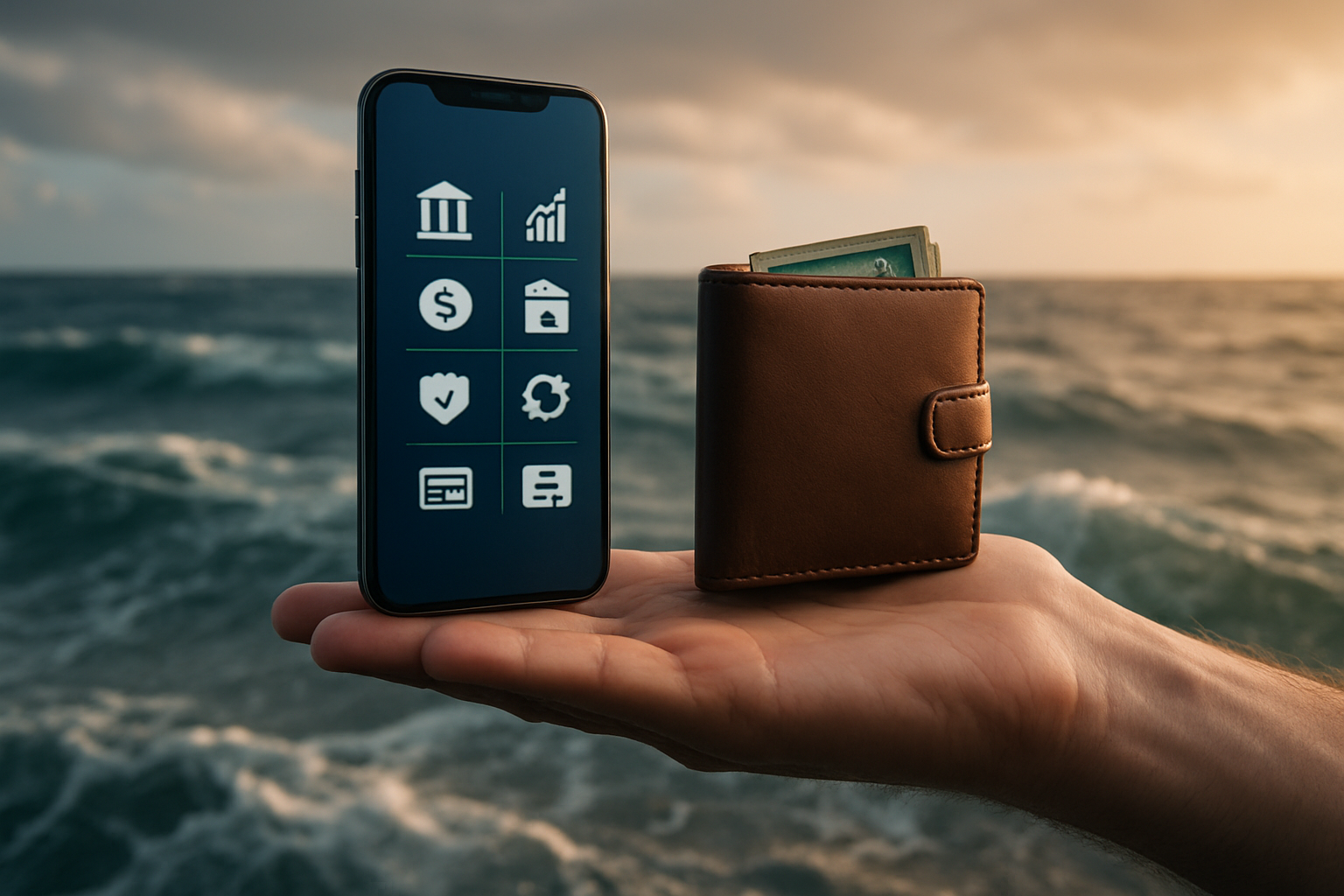Navigating the New Wave: The Impact of Fintech on Personal Finance
In the constantly evolving world of personal finance, the rise of Fintech has undoubtedly left an indelible mark. Offering a fresh perspective on money management, this relatively new sector is revolutionizing how individuals handle their finances, reshaping traditional banking, and paving the way for a more accessible, efficient, and inclusive financial ecosystem. This article explores the development of Fintech, its impact on personal finance, and the strategies to leverage its benefits effectively.

Fintech, short for financial technology, has rapidly gained prominence over the last decade. Leveraging technology to enhance financial services, this sector has introduced innovative solutions that challenge traditional banking models. From mobile banking and peer-to-peer lending to robo-advising and crowd-funding, Fintech has democratized access to financial services, making them more efficient and less complex.
Current Trends in Fintech
As Fintech continues to evolve, several trends have emerged. Digital wallets and mobile payments have become increasingly popular, providing a convenient alternative to cash and cards. Peer-to-peer lending platforms are transforming borrowing and lending, enabling individuals to bypass traditional financial intermediaries. Similarly, robo-advisors are gaining traction, providing automated, algorithm-driven financial planning services with little to no human supervision.
Impact of Fintech on Personal Finance
Fintech has significantly impacted personal finance, offering numerous benefits. For one, it has made financial services more accessible, particularly for unbanked and underbanked populations. Additionally, Fintech solutions often provide more competitive rates and lower fees than traditional financial institutions. They also enhance convenience, enabling users to manage their finances anytime, anywhere.
However, like any financial strategy, leveraging Fintech also comes with risks. Cybersecurity is a major concern, given the amount of personal and financial data shared on these platforms. Furthermore, the rapid pace of innovation in this sector can make it challenging to keep up with the latest trends and understand their implications.
Practical Applications of Fintech
In the real world, the applications of Fintech are vast and varied. For individuals, mobile banking apps and digital wallets simplify daily transactions and money management. Peer-to-peer lending platforms provide alternative funding sources, while robo-advisors offer accessible, affordable investment management services.
Making the Most of Fintech in Personal Finance
-
Stay informed: Keep up-to-date with the latest Fintech trends and innovations.
-
Prioritize security: Always ensure your personal and financial data is secure when using Fintech services.
-
Compare options: Not all Fintech solutions are created equal. Compare features, fees, and reviews before choosing a service.
-
Start small: If you’re new to Fintech, start with one service and gradually incorporate others as you become more comfortable.
In conclusion, Fintech offers a fresh, unique perspective on personal finance, presenting numerous opportunities for individuals to manage their finances more efficiently and conveniently. However, as with any financial strategy, it’s crucial to stay informed, prioritize security, and consider the potential risks. By doing so, individuals can make the most of the benefits Fintech offers and navigate their way to a more financially secure future.




